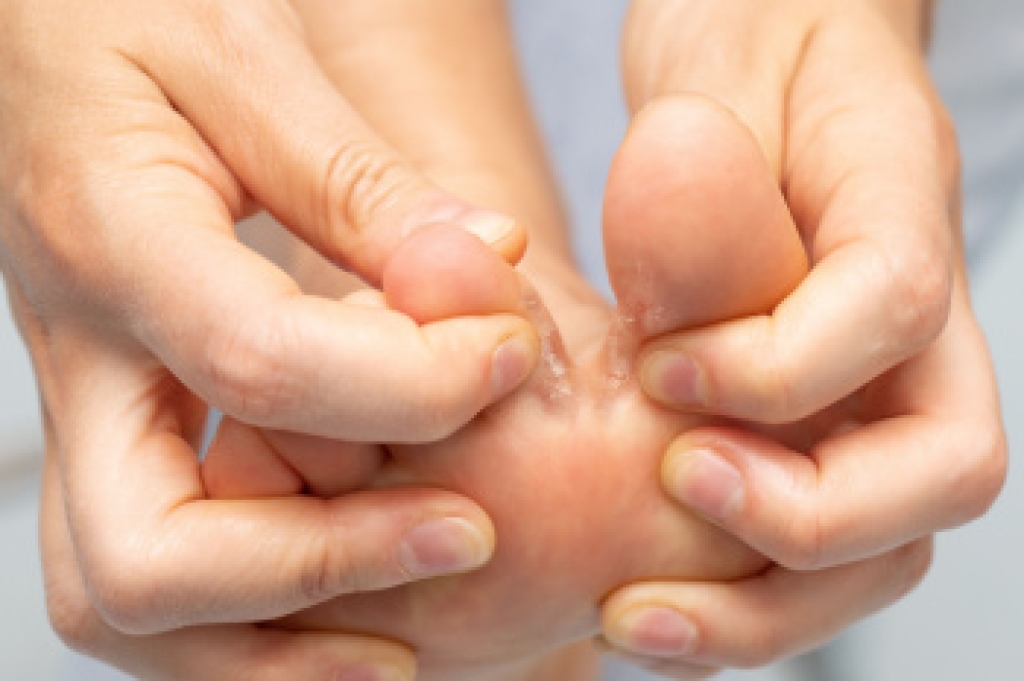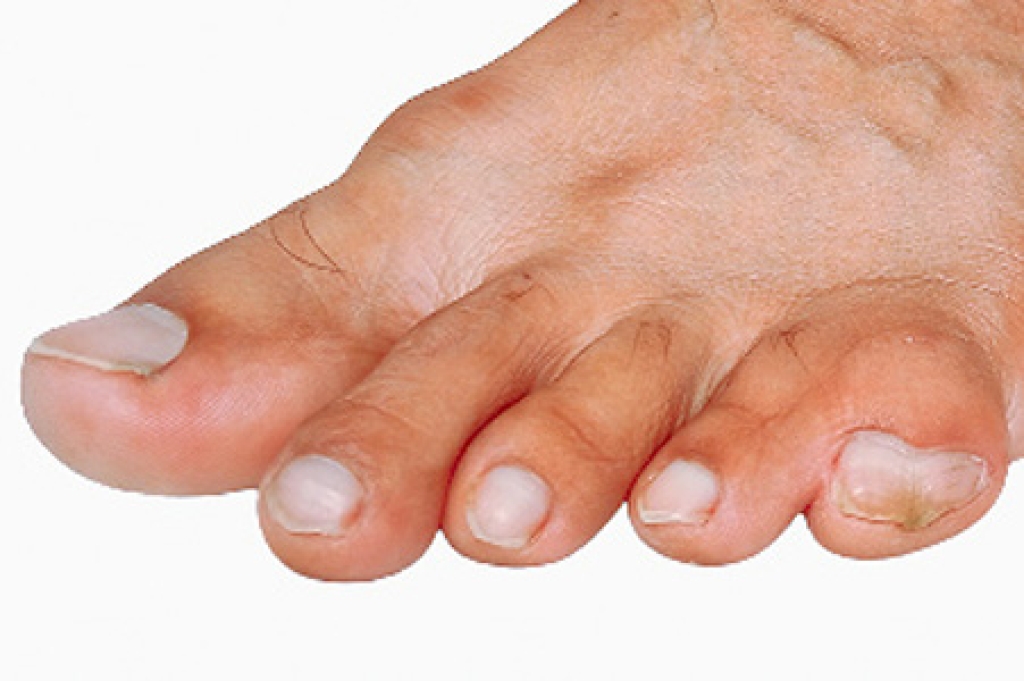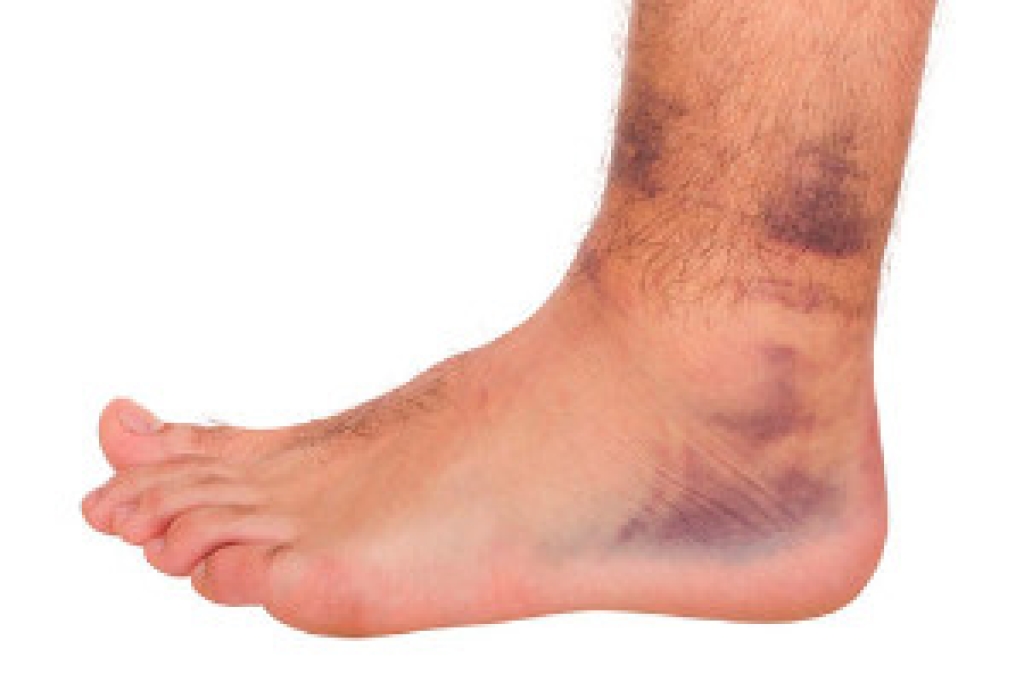
The feet play a vital role in dancing, serving as the foundation for balance, control, and expressive movement. For optimal performance, the entire foot must move as a coordinated unit, allowing smooth transitions and powerful push offs. Deep external rotator muscles are especially important, as they help control foot and ankle alignment while supporting stability through complex dance movements. Practicing foot separating motions between the forefoot and hindfoot can improve flexibility, control, and awareness, helping dancers move with greater precision and reduce strain. When foot mechanics are limited or imbalanced, performance and comfort may suffer. A podiatrist can help by evaluating foot structure, alignment, and movement patterns specific to dance demands. If foot pain or instability is affecting your dancing, it is suggested that you schedule a podiatry evaluation to protect your feet and enhance performance.
If you have any concerns about your feet, contact one of our podiatrists from Advanced Foot Specialists. Our doctors can provide the care you need to keep you pain-free and on your feet.
Biomechanics in Podiatry
Podiatric biomechanics is a particular sector of specialty podiatry with licensed practitioners who are trained to diagnose and treat conditions affecting the foot, ankle and lower leg. Biomechanics deals with the forces that act against the body, causing an interference with the biological structures. It focuses on the movement of the ankle, the foot and the forces that interact with them.
A History of Biomechanics
- Biomechanics dates back to the BC era in Egypt where evidence of professional foot care has been recorded.
- In 1974, biomechanics gained a higher profile from the studies of Merton Root, who claimed that by changing or controlling the forces between the ankle and the foot, corrections or conditions could be implemented to gain strength and coordination in the area.
Modern technological improvements are based on past theories and therapeutic processes that provide a better understanding of podiatric concepts for biomechanics. Computers can provide accurate information about the forces and patterns of the feet and lower legs.
Understanding biomechanics of the feet can help improve and eliminate pain, stopping further stress to the foot.
If you have any questions please feel free to contact our offices located in Rockwall, Greenville, Dallas, Sachse, and Lewisville, TX . We offer the newest diagnostic and treatment technologies for all your foot and ankle needs.




